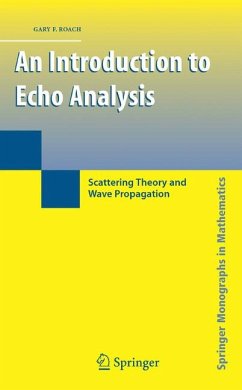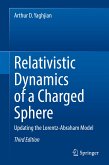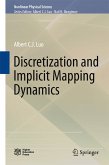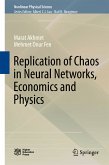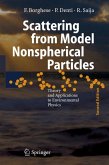This monograph provides an introductory account of scattering phenomena and a guide to the technical requirements for investigating wave scattering problems. It gathers together the principal mathematical topics which are required when dealing with wave propagation and scattering problems, and indicates how to use the material to develop the required solutions.
Both potential and target scattering phenomena are investigated and extensions of the theory to the electromagnetic and elastic fields are provided. Throughout, the emphasis is on concepts and results rather than on the fine detail of proof; a bibliography at the end of each chapter points the interested reader to more detailed proofs of the theorems and suggests directions for further reading.
Aimed at graduate and postgraduate students and researchers in mathematics and the applied sciences, this book aims to provide the newcomer to the field with a unified, and reasonably self-contained, introduction to an exciting research area and, for the more experienced reader, a source of information and techniques.
Dieser Download kann aus rechtlichen Gründen nur mit Rechnungsadresse in A, B, BG, CY, CZ, D, DK, EW, E, FIN, F, GR, HR, H, IRL, I, LT, L, LR, M, NL, PL, P, R, S, SLO, SK ausgeliefert werden.

